KUALA LUMPUR, March 20 — Malaysia became the first Asian nation to host the Commonwealth Games when it did so in 1998.
Rated as one of the best tournaments to be held under the Commonwealth banner, it became a symbol of pride for the nation of 22 million people at the time, as it tried hard to make a mark against far richer countries that have hosted the games.
Twenty-six years later, Malaysia is again presented with the opportunity to host the 2026 edition of the tournament after Australia pulled out unexpectedly because of escalating costs, but there is less keenness for it this time.
On social media at least, critics of the idea said the games bring little economic value. The other major factor driving the opposition is the cost of hosting.
One of the most prominent critics of the idea is none other than the chief organiser of the 1998 games himself, Tun Mohamed Hashim Mohd Ali, who said organising such a massive event with just two years to prepare would be a messy affair and, most of all, costly.
Even the Commonwealth Games Federation’s (CGF) offer to subsidise the hosting of the 2026 edition by £100 million (RM601 million) has not allayed concerns of taking over the championships at short notice.
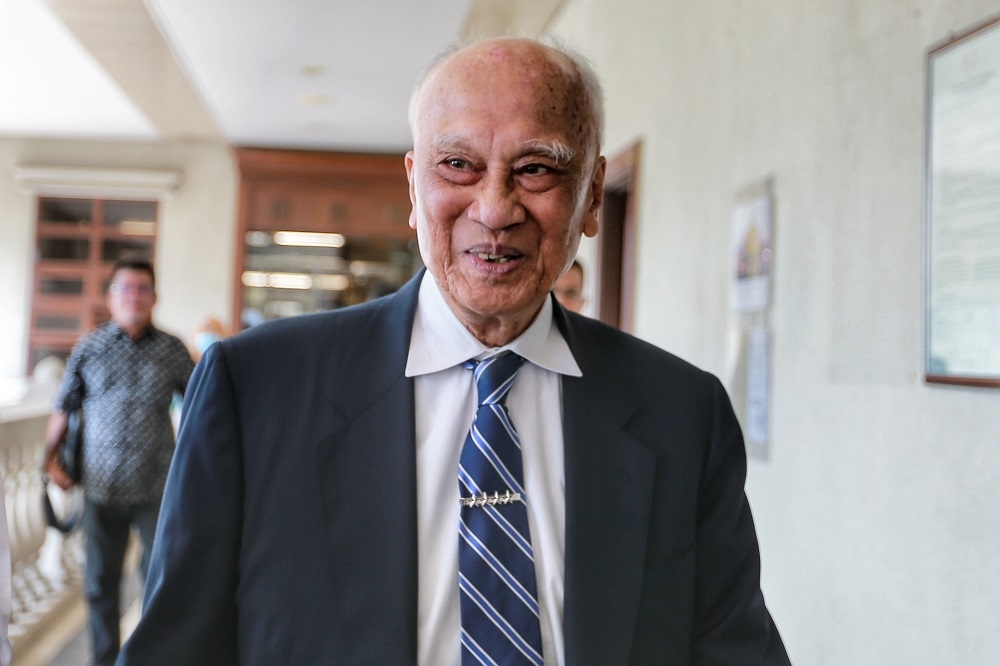
The cost of hosting the Commonwealth Games has unquestionably ballooned since 1998, but have the games yielded enough returns to offset the cost? The answer will vary depending on who you ask.
We list down the cities that have hosted the Commonwealth Games starting from the Kuala Lumpur tournament, and look at the cost and returns from each event.
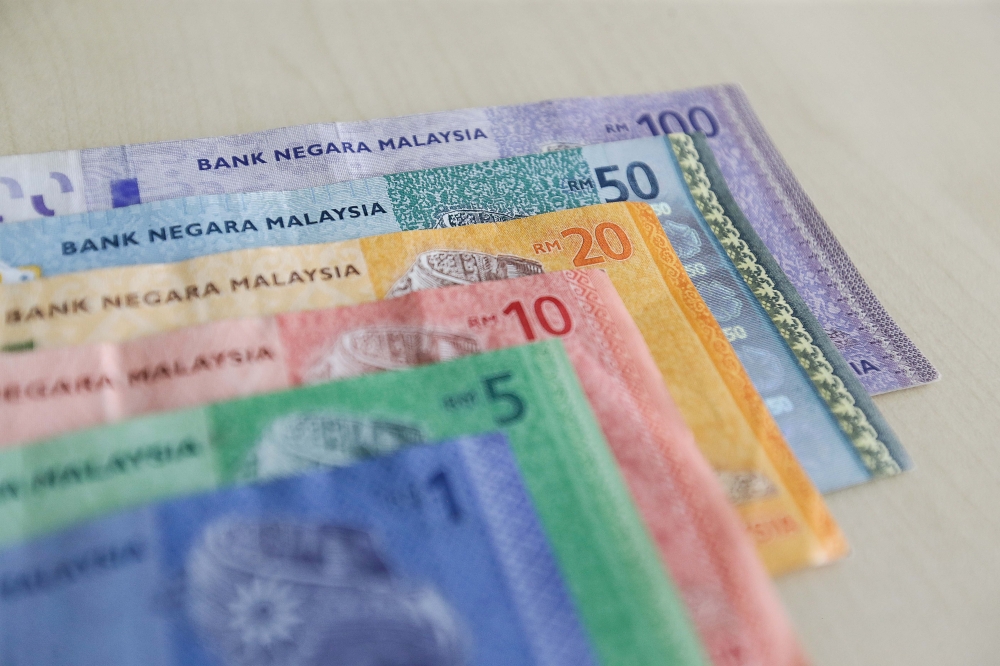
Kuala Lumpur, 1998
Organisers Sukom Ninety Eight Berhad (Sukom 98) said the overall cost to host the tournament’s first Asian games was RM200 million, according to news reports that quoted Mohamed Hashim, the company’s chairman who now opposes the proposal to stand in for Australia as host of the 2026 edition.
Despite being rated as one of the best Commonwealth games at the time, the city made no money from it. The ‘98 games saw Kuala Lumpur posting a loss of RM11 million, according to New Straits Times.
The RM200 million also did not include the construction of the National Sports Complex that consisted of the Bukit Jalil National Stadium, Putra Stadium, National Hockey Stadium, National Aquatic Centre and the National Squash Centre.
Manchester, UK, 2002
The cost to host the 17th edition of the Commonwealth Games was £300 million (around RM3 billion in today’s exchange rate), according to news reports that quoted officials from the Manchester city council.
How much in returns the tournament made (ticket sales, sponsorships, television rights etc.) is unclear, but The Guardian reported the city generated a £2 billion “boost in tourism boom”, citing a study that found tourist arrival in Manchester rose 19 per cent rise on the previous year and a 27 per cent increase since 1999.
Melbourne, Australia, 2006
The state of Victoria spent close to A$3 billion (about A$4.7 billion in today’s exchange rate) for the 18th edition of the games, according to a news report by Sydney Morning Herald. Melbourne is Victoria’s biggest city, and is already host to some of the biggest global sporting events such as the Australian Tennis Open.
The games added A$1.6 billion to its “gross state product”, according to an audit by KPMG. The state hailed it as a major success, calling the GSP a “windfall”. Over 13,000 jobs were said to have been created from the tournament.
The Victorian government also said its contribution to the games came in A$80 million under budget.
Delhi, India, 2010
Delhi was the third only city from a Global South country (the others being Malaysia and Jamaica in 1966) to have hosted the games, but was also among the most controversial.
The 19th edition of the Commonwealth Games was mired with allegations of corruption. An audit by the Comptroller and Auditor General (CAG) released a year after the government spent four times more than the initial budget, costing Indian taxpayers up to US$4.1 billion (about RM27 billion in today’s exchange rate).
The report stated that revenue that was supposed to pay for the event amounted to only US$38 million (RM179 million in today’s exchange rate). The Delhi games were by far the most expensive.
Suresh Kalmadi, chairman of the Indian games organising committee, was later charged and jailed with corruption.
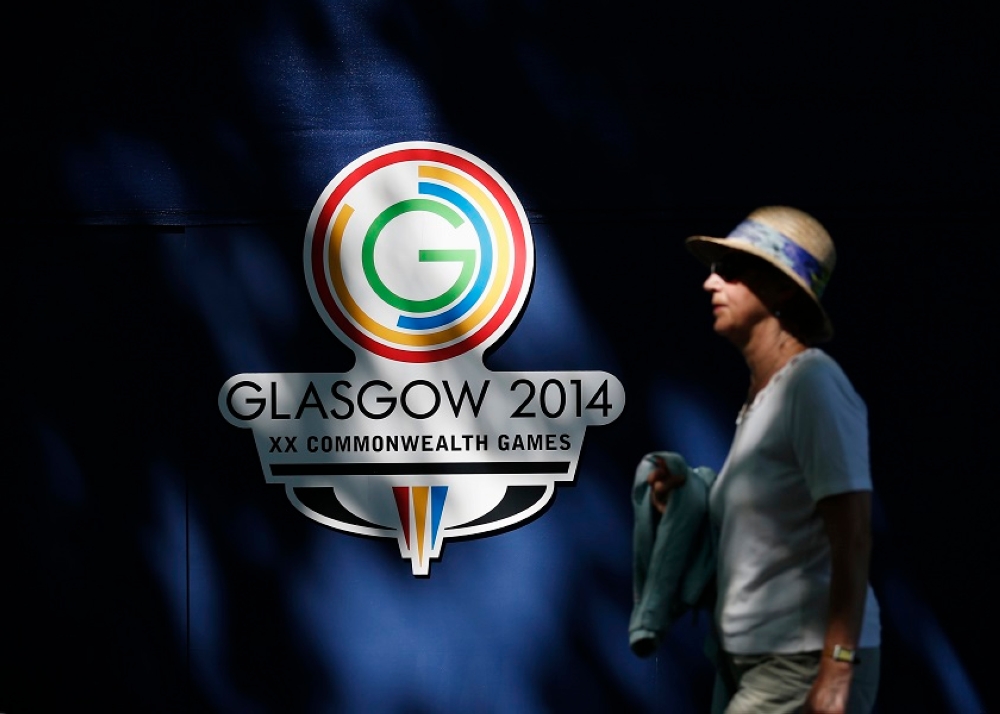
Glasgow, Scotland, 2014
The city of Glasgow hosted the games with a budget of £523 million (some RM4.1 billion in today’s exchange rate), according to a final evaluation report by the Scottish government released four years after the event.
Together with the Glasgow City Council, the two were said to have provided £425 million towards the overall cost of the games. The remaining costs were met by £118 million income from ticket sales, sponsorship and other commercial sources, according to the summary of the evaluation published on the Scottish government official website.
The report further stated that the organisers sold up to 98 per cent of all available tickets.
How much return that came strictly from the games was unclear but the Scottish government said over the eight years since the games it had supported on average 1,100 jobs and contributed £40 million to Scotland’s “gross value added” in each year, created 900 jobs in Glasgow and contributed £50 million to Glasgow’s GVA in each year.
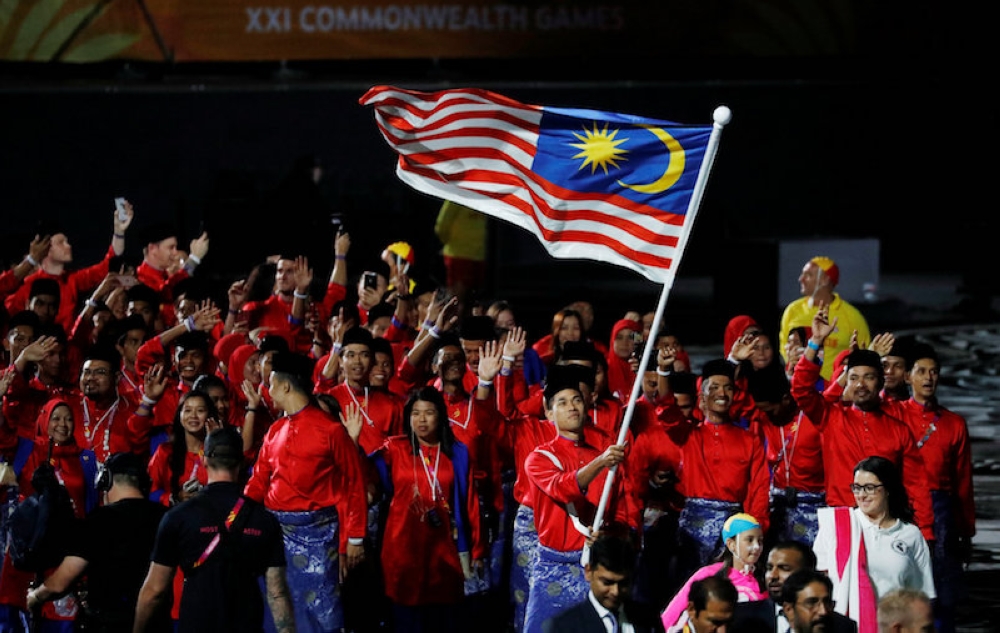
Gold Coast, Australia, 2018
The Queensland state government was reported to have spent A$1.5 billion (about RM5.7 billion in today’s exchange rate) to deliver the event, and estimated an economic benefit of A$1.804 billion in GSP according to its own audit released that same year.
But the benefits reported in the 2018 study are net benefits and cover the whole nine years of the study period (from bidding in 2013 to projected post-game benefits until 2022) and not just the 12-day period of the Games. How much proceeds were made strictly from the games itself was unclear.
Among indicators used to calculate the economic benefits of the tournament are job creation and tourist arrival. Queensland recorded 100,000 more visitors in the year the games were held compared to 2017, and 21,128 “Full-Time Equivalent Years” (FTEYs) worth of employment as a result of spending to host the games, according to the 2018 audit.
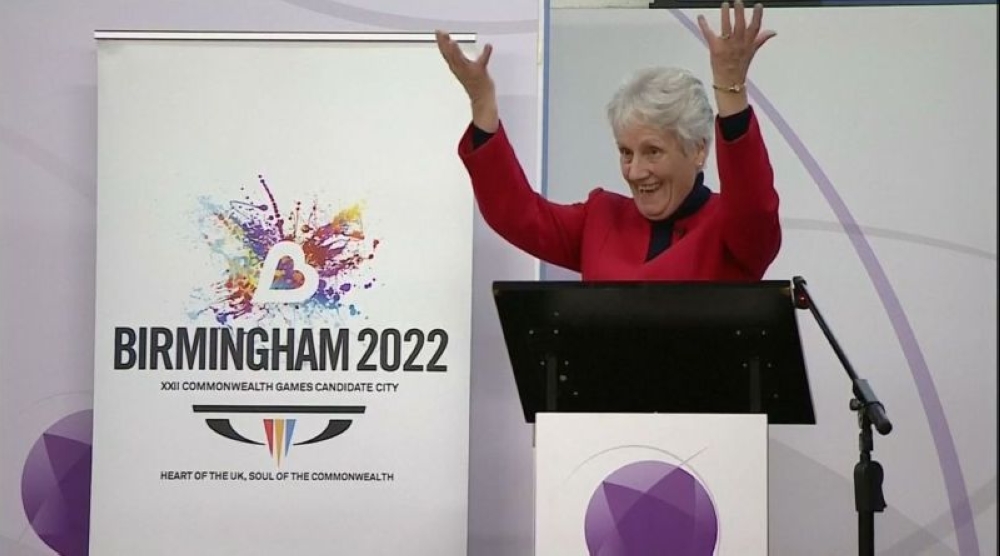
Birmingham, UK, 2022
The 22nd edition of the games were held just as most of the world was coming out of Covid-19 lockdowns.
The Birmingham city council was reported to have spent £778 million (about RM5 billion in today’s exchange rate). The bulk of the funding came from the central government while the city council spent about £184 million, The Guardian reported citing Dr Matthew Lyons, a regional economist at the University of Birmingham, who studied the impact of the 2022 games.
Lyons estimated that the games generated £100 million in profits while a study commissioned by the government made public early last year suggested the event contributed at least £870 million to the UK economy, including £453.7 million in the West Midlands.






















